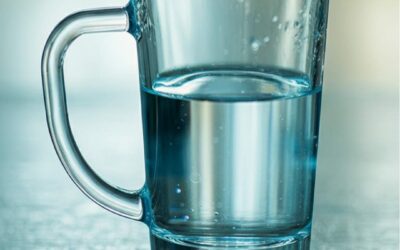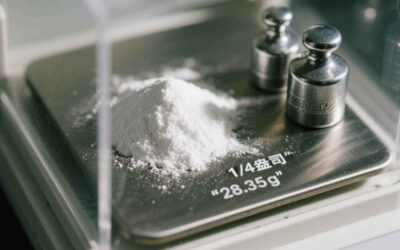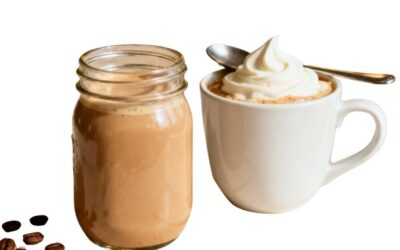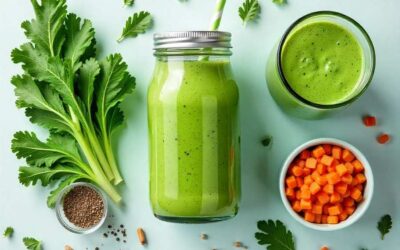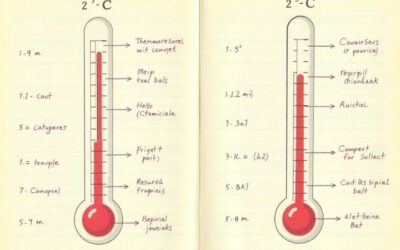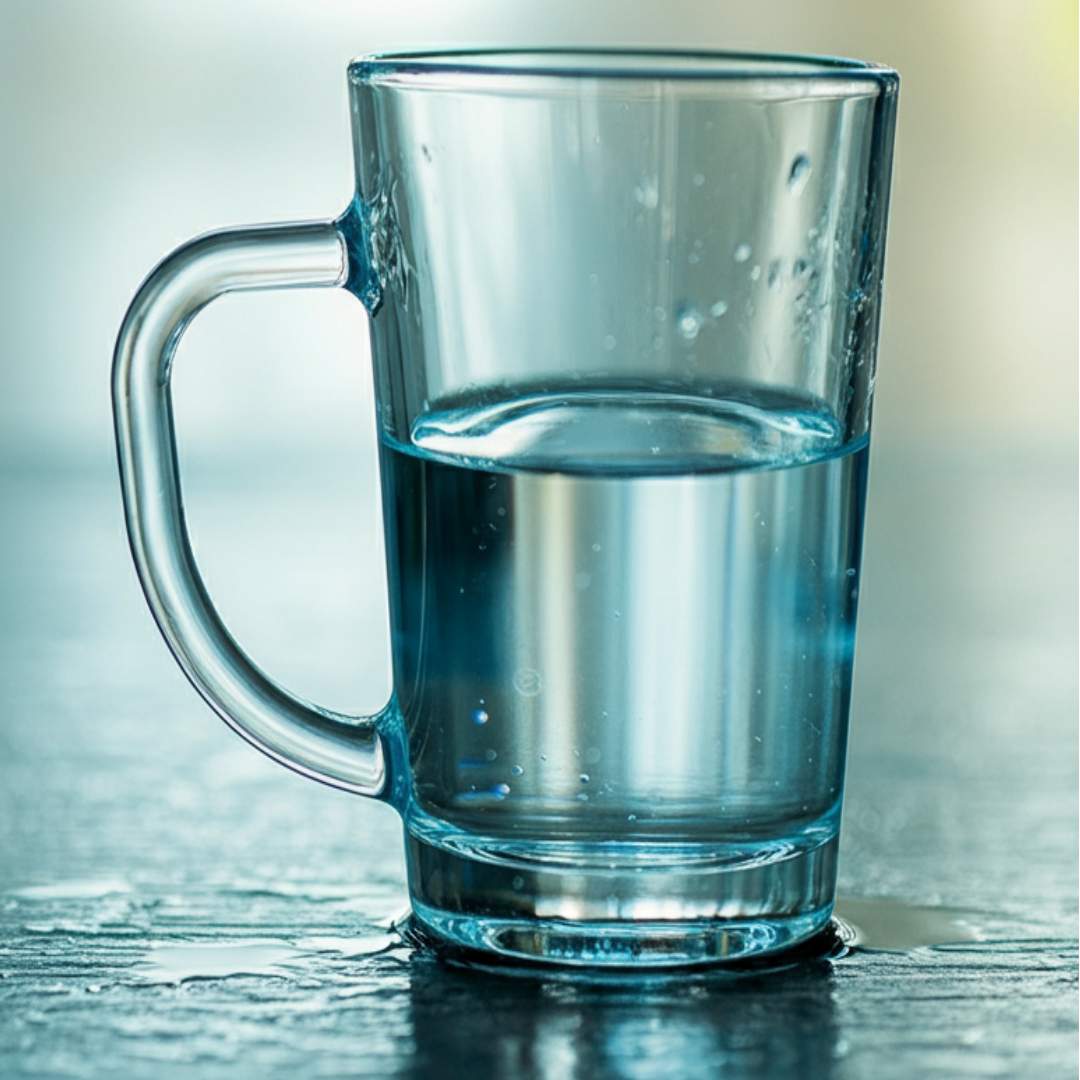Water is the elixir of life. It keeps us hydrated, supports vital bodily functions, and even plays a role in maintaining our energy and focus throughout the day. But figuring out how much water to drink daily can be trickier than it sounds. Most people have likely heard the standard “8 glasses a day” rule, but the truth? Water needs are unique to each person—and weight is one of the most critical factors.
If you’ve been wondering how to calculate your daily water intake based on your weight (in kilograms), you’re in the right place. This guide will show you how weight affects hydration needs, how to calculate what’s right for you, and tips to make staying hydrated easy.
Why Does Weight Play a Role in Hydration?
Our bodies comprise approximately 60% water; every cell depends on it to function. But here’s the thing—not all bodies are the same size or have the exact needs. A person who weighs 50 kg will have different hydration requirements than someone who weighs 80 kg because larger bodies have more mass, tissue, and processes that rely on water to keep them running.
Put: The more you weigh, the more water you need to hydrate properly.
Energy expenditure is another factor. People with higher body weight often expend more energy during daily activities or exercise, which leads to more water loss through sweat and breath. Replenishing these losses is crucial for maintaining optimal health and performance.
How Much Water Should You Drink Daily Based on Your Weight?
There’s no universal “one-size-fits-all” answer, but a popular and practical method is calculating your daily water needs based on weight. A standard guideline suggests drinking 35 milliliters (ml) of water for every kilogram (kg) of body weight.
The Formula:
35 ml x your weight in kg = daily water intake (in ml)
To make it easy:
If you weigh 50 kg → 50 x 35 = 1,750 ml (1.75 liters)
If you weigh 65 kg → 65 x 35 = 2,275 ml (2.28 liters)
If you weigh 80 kg → 80 x 35 = 2,800 ml (2.8 liters)
Remember that these numbers are general recommendations and can vary based on lifestyle, activity level, and individual health conditions.
Adjusting for Physical Activity
Exercise increases your water needs because you sweat more and lose water through respiration. For every hour of moderate to intense physical activity, you should drink an additional 500 ml to 1,000 ml of water, depending on how much you sweat.
For instance:
A 65 kg person who exercises for one hour daily might aim for around 3 liters of water instead of the baseline 2.28 liters.
How Do Other Factors Impact Your Hydration Needs?
While weight is a key determinant, other factors can influence how much water your body requires, such as:
Climate: Hot and humid weather increases water loss through sweat, meaning you may need to drink more to stay hydrated.
Age: Older adults may experience changes in thirst perception, so it’s important to monitor hydration even if you don’t feel thirsty.
Diet: High-protein or salty foods increase water demand as your body needs to process these nutrients.
Health Status: Conditions like kidney disease, pregnancy, or breastfeeding require adjusted water intake. Always consult a healthcare provider in these cases.
Signs of Dehydration and Overhydration
Staying within your recommended daily water range helps maintain balance, but what happens if you get it wrong? Dehydration and overhydration are two extremes you’ll want to avoid.
Signs of Dehydration:
Thirst
Dark yellow urine
Fatigue or dizziness
Dry skin or mouth
Less frequent urination
Signs of Overhydration (Hyponatremia):
Nausea
Confusion or headache
Swelling (especially in the hands, feet, or face)
Weakness
Watch for these signs and adjust your water intake as needed.
Tips to Stay Hydrated Throughout the Day
Drinking enough water doesn’t have to be a chore. These simple tips can help:
Carry a Water Bottle
Keep a refillable water bottle with you—preferably one marked with measurements so that you can track your intake.
Set Reminders
Use your phone or an app to remind you to drink water regularly.
Add Flavor
If plain water feels boring, try adding slices of lemon, cucumber, or mint to keep it interesting.
Drink Early
Start your day with a glass of water to jumpstart hydration after a night’s rest.
Pair with Meals
Drink a glass of water before or during meals to make hydration a routine.
Include Hydrating Foods
Foods like watermelon, cucumber, oranges, and celery have high water content and contribute to your overall hydration.
FAQs About Water Intake and Weight
Is it possible to drink too much water?
Yes, consuming excessive amounts of water can lead to overhydration or hyponatremia, which lowers salt levels in the blood. Stick to your calculated water goal and listen to your body.
Do coffee and tea count toward water intake?
Yes, any beverage contributes to your hydration. However, limit drinks with caffeine, as they can have a mild diuretic effect.
What if I feel thirsty even after meeting my water goal?
Thirst is your body’s way of asking for more, so don’t ignore it. Factors like diet, exercise, or excessive sweating might mean you need a little extra.
Here’s Why Staying Hydrated Matters
Hydration is more than just quenching thirst—it’s essential for:
Keeping energy levels consistent
Supporting digestion and metabolic processes
Enhancing physical performance
Maintaining skin health
Drinking the right amount of water for your weight gives your body the tools to function at its best. And the best part? Hydration is one of the simplest, most affordable ways to improve overall wellness.
Your Turn to Take Charge of Hydration
Hydration isn’t a guessing game once you know the formula. Start by calculating your daily water needs based on your weight. Use the tips above to work hydration into your routine until it becomes second nature.
Your body (and mind) will thank you!










